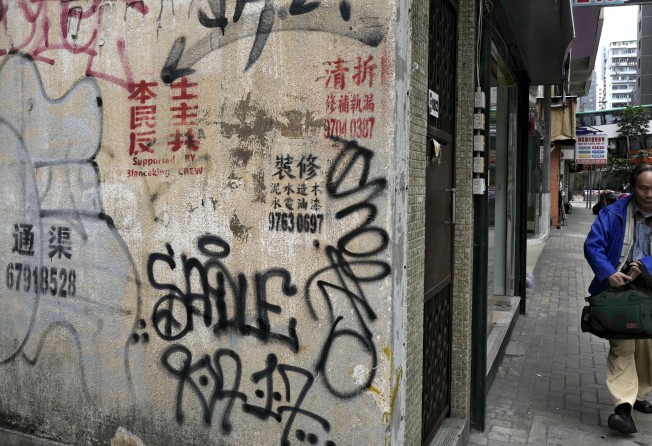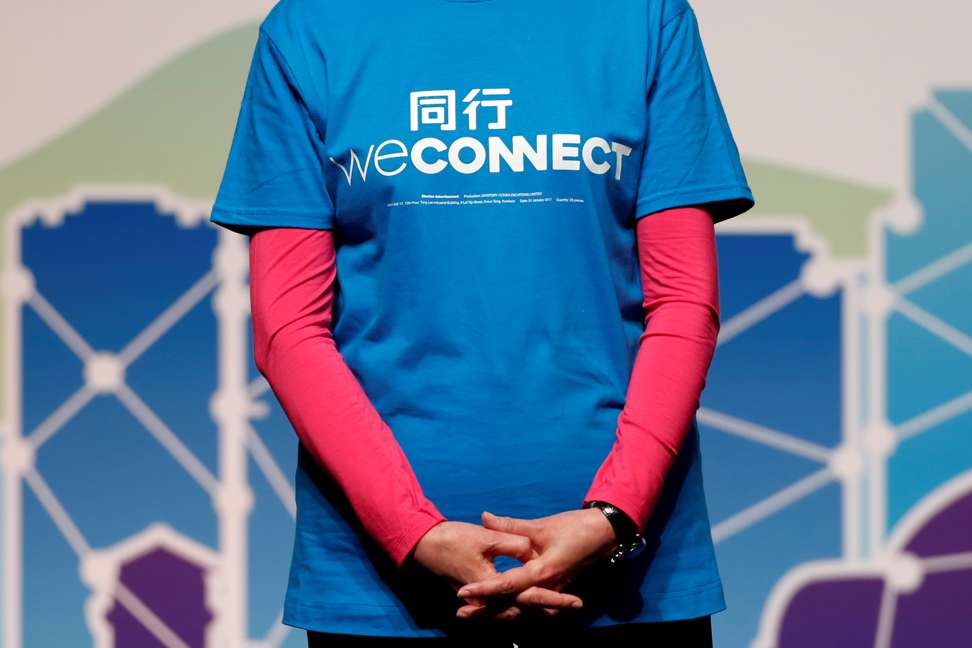Carrie Lam’s realistic ideas to improve Hong Kong will soon be put to the test
Bernard Chan says it is important that the incoming Hong Kong government delivers results that will make real improvements to people’s lives, to build confidence for bigger changes ahead

For most of us who worked on Carrie Lam Cheng Yuet-ngor’s chief executive election campaign, the main focus was election day on March 26. But, with the election over, the chief executive-elect and the rest of the community face the real challenge.
It is 10 weeks before Carrie is sworn in as chief executive of Hong Kong and the time is going quickly. Several of us, including Carrie herself, have said publicly it is proving hard to find principal officials for the new administration. The difficulty is in persuading people with the talent and skills to step up and serve.
The media have shown great interest in Carrie’s performance in public opinion polls. Her ratings are lower than those of some of her predecessors before taking office. But let’s look on the bright side and say that she has more potential to score higher later on when she and her team start delivering results. Ultimately, that is all that matters – results.
Carrie (and other candidates, too, I’m sure) devoted much of the campaign to meeting people. These discussions involved the 38 subsectors of the Election Committee and members of broader society. As I have written before, these groups had all sorts of suggestions for ways to make Hong Kong a better place. Their ideas had real influence on Carrie’s manifesto.
As a result, the manifesto contains a range of proposals aimed at change. Some are about improving governance. One example is the amendment of the Prevention of Bribery Ordinance to cover the chief executive. Another is the adoption of an archives law to bolster the integrity of government records.
Where education is concerned, the manifesto offers a variety of measures aimed at benefiting children, and teachers. The promise to scrap Primary 3 assessment (known as the Territory-wide System Assessment) has been widely reported. The new administration also wants to boost the working conditions of kindergarten and other teachers, enhance special education, and improve financial aid and loans system for tertiary students.
Hong Kong’s most pressing policy issue in terms of public disquiet is housing costs. This is a huge and complex area, but Carrie’s manifesto offers several new ways forward.
One is to fill a gap in the range of subsidised homes through the “starter homes” idea. Several others are aimed at introducing more flexibility into land use and planning.
Another idea is to allow owners of Home Ownership Scheme units to sublet their properties to needy families without paying a land premium. The idea is basic common sense: find a way to match people in need of liveable accommodation with owners of underutilised living space. The manifesto proposes a creative approach involving social enterprises in selecting tenants. Some critics see problems, like whether it is fair to HOS owners who have already paid the premium. The point is that this would be a trial, to see what works.
All of these policy proposals are quite specific, aimed at addressing shortcomings in particular policy areas. If the new administration can implement these real changes, it will be delivering real improvements to people’s lives.
Hopefully, when promises are met, it will create a new climate in which officials and the community can think in terms of other, wider changes.
It is unfair and plain incorrect to argue – as some people do – that Hong Kong has stood still in the 20 years since the handover. The economy has grown, and welfare expenditure, provision for students at all ages and conditions in hospitals are all measurably better.
But people’s expectations have also grown, and past administrations did not always keep up. If the new government can deliver on its manifesto proposals in the next few years, it will show that change in these areas is possible, and encourage further change to improve our qualify of life.
In short, the manifesto is not a comprehensive list or a series of ultimate goals. It outlines some new but realistic ideas on how to make a fresh start, and make Hong Kong better for all its people.
Bernard Chan is a member of the Executive Council
